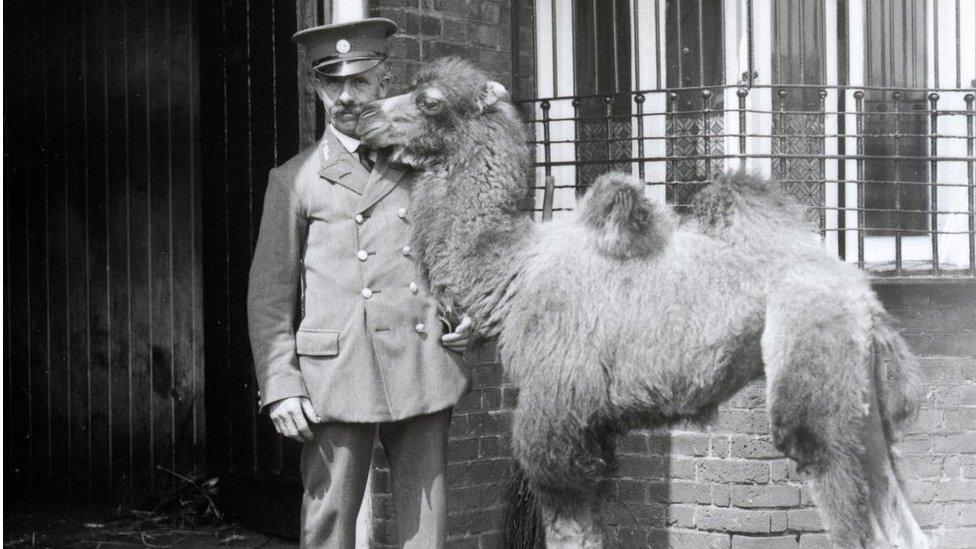Zoo charity launches voluntary redundancy scheme
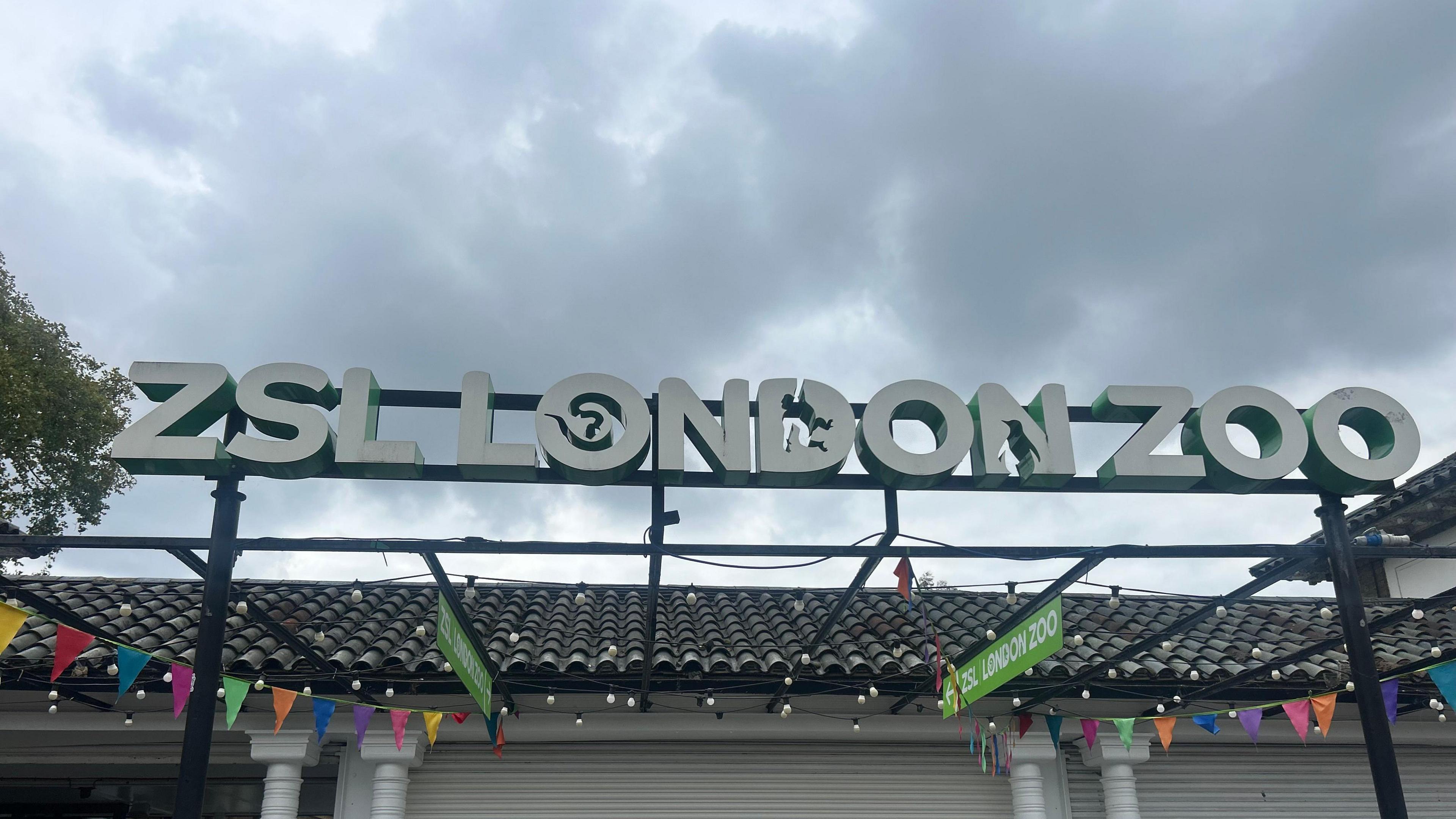
The Zoological Society of London said it financial situation had got "sharply worse" in recent months
- Published
The Zoological Society of London (ZSL) has launched a voluntary redundancy scheme in an effort to reduce costs by £2m a year.
The wildlife charity, which runs London Zoo and Whipsnade Zoo in Bedfordshire, says it has been "hit hard by the abrupt end" of USAID funding, the UK government's 40% cut to foreign aid spending, and the ongoing cost-of-living crisis.
Matthew Gould, chief executive of ZSL, has said he could not rule out future compulsory redundancies but "is doing everything possible" to avoid them.
The government said it remained "committed to international development" and was "modernising" its approach to tackle the climate crisis. USAID has been approached for comment.
In an email sent to all employees, Mr Gould said ZSL had already tightened budgets, frozen non-essential recruitment, and squeezed spending, but, he wrote, "we need to go further".
He said: "I wish we were not in this position. But the economic situation has got sharply worse over recent months."
He added that although ZSL was "not in immediate trouble", the organisation needed to reduce annual costs by £2m "so we can weather what's coming and emerge in stronger shape".
'Exceptionally challenging'
Alongside running London and Whipsnade Zoos, ZSL collaborates on more than 100 global scientific research and conservation projects.
Many of these have previously received funding from USAID and UK foreign aid.
Sir Keir Starmer announced in February that the UK's aid budget would be slashed from 0.5% to 0.3% of national income by 2027, in order to fund increased investment in defence.
A spokesperson for ZSL told the BBC that the past year had been particularly challenging for UK tourism and the global conservation sector.
They added that the organisation had also been affected by the increase in employer National Insurance contributions earlier this year.
The spokesperson said: "ZSL, whose income is partially generated by visitors to its zoos, has seen the impact of decreased consumer confidence on visitor behaviour, with guests spending less this summer."
They pointed to the Great Britain Tourism Survey, external, which found domestic tourism was down by 8% in spring 2025 compared with the previous year. The decline was attributed to "increased cost-of-living and weaker consumer confidence" in the UK economy.
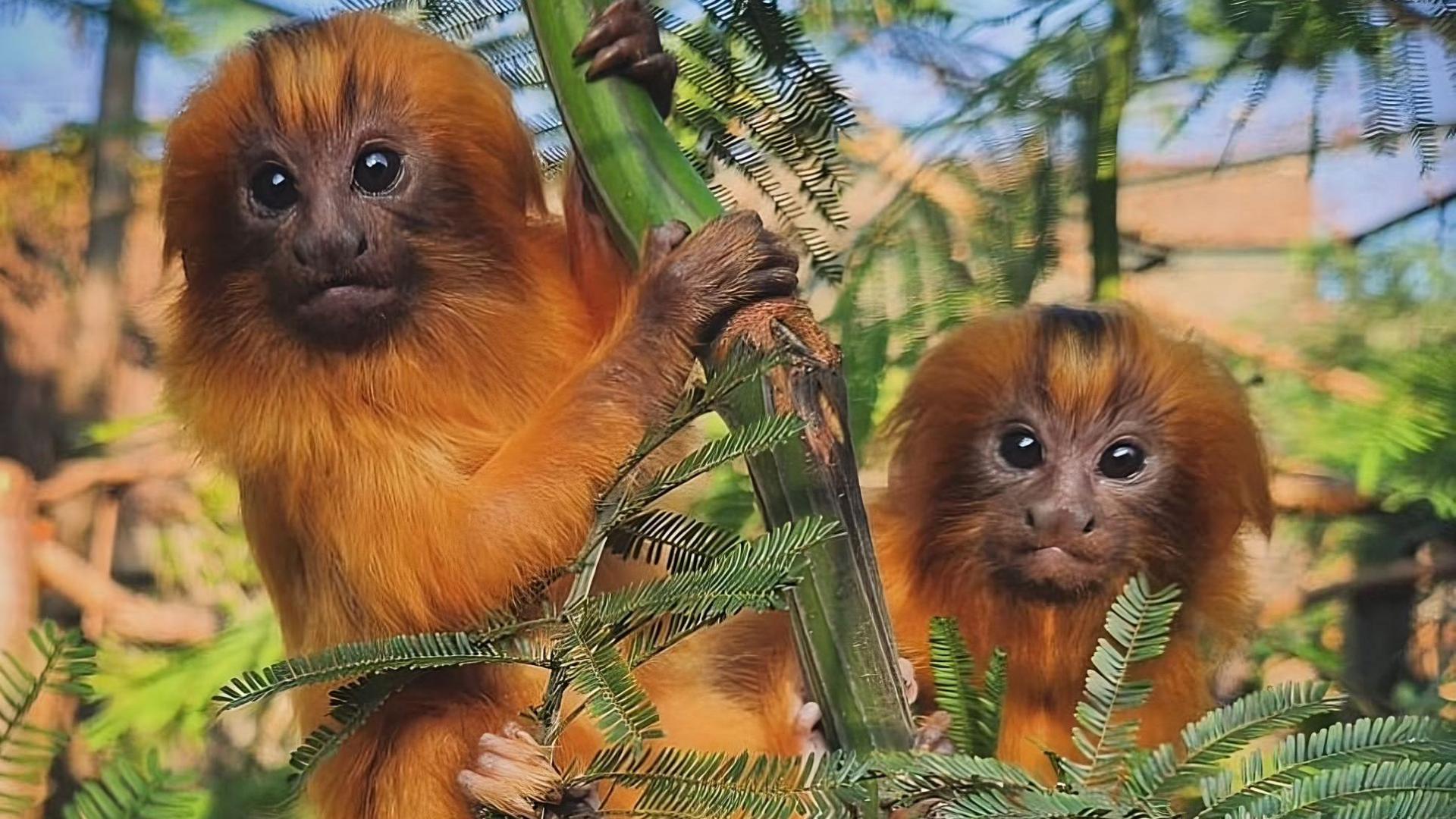
ZSL runs London Zoo, where golden lion tamarin twins were among newborns earlier this year, and Whipsnade Zoo in Bedfordshire
London Zoo - which celebrates its 200th anniversary in 2026 - also felt the impact of the Covid pandemic.
Mr Gould said: "We've worked hard to reduce expenditure and develop new income streams, but the market is exceptionally challenging – not just for us, but all visitor attractions and charities.
"We've opened a voluntary redundancy scheme to give all colleagues the opportunity to consider whether it might work for them."
Listen to the best of BBC Radio London on Sounds and follow BBC London on Facebook, external, X, external and Instagram, external. Send your story ideas to hello.bbclondon@bbc.co.uk, external
- Published24 September
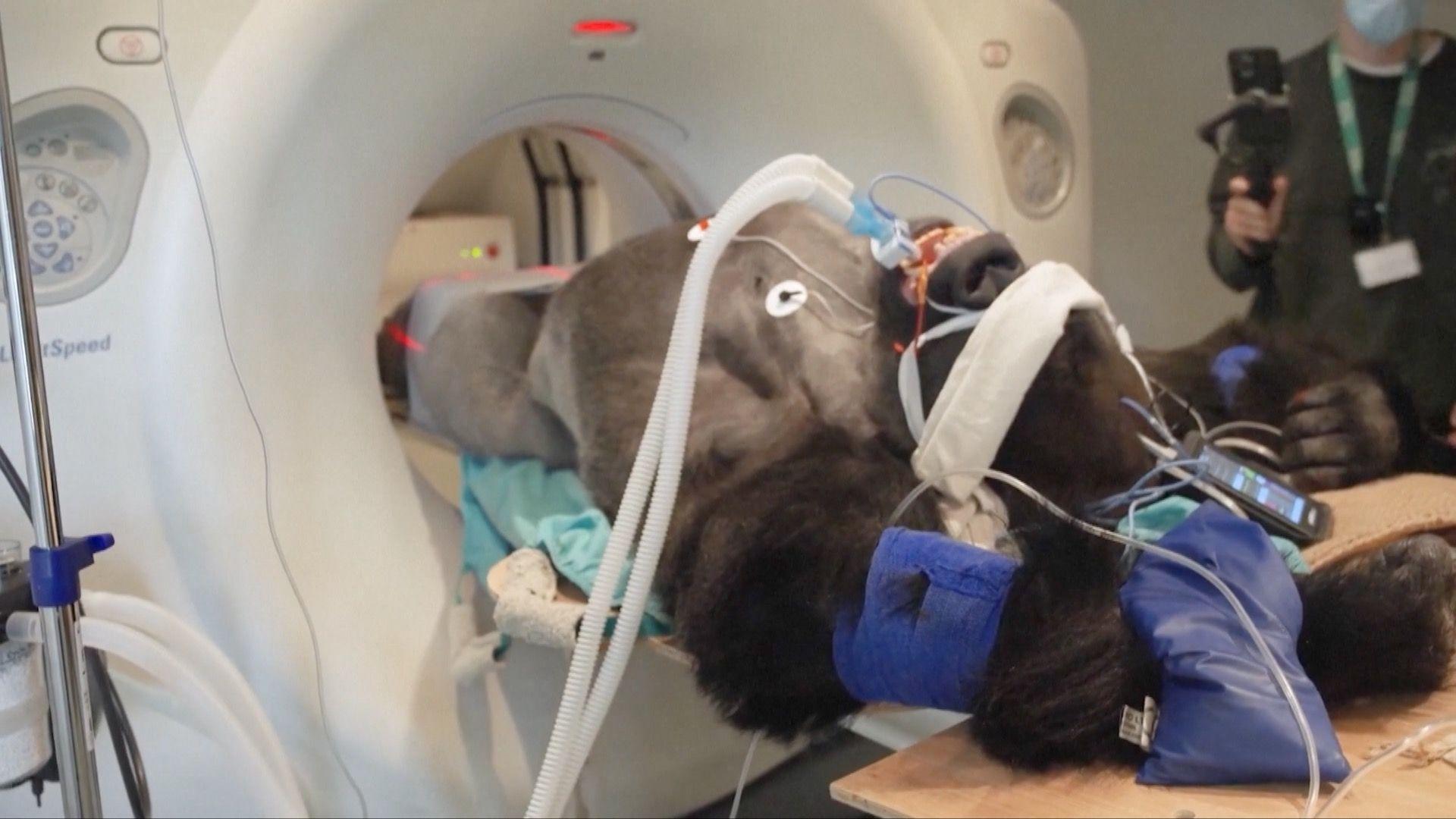
- Published10 May
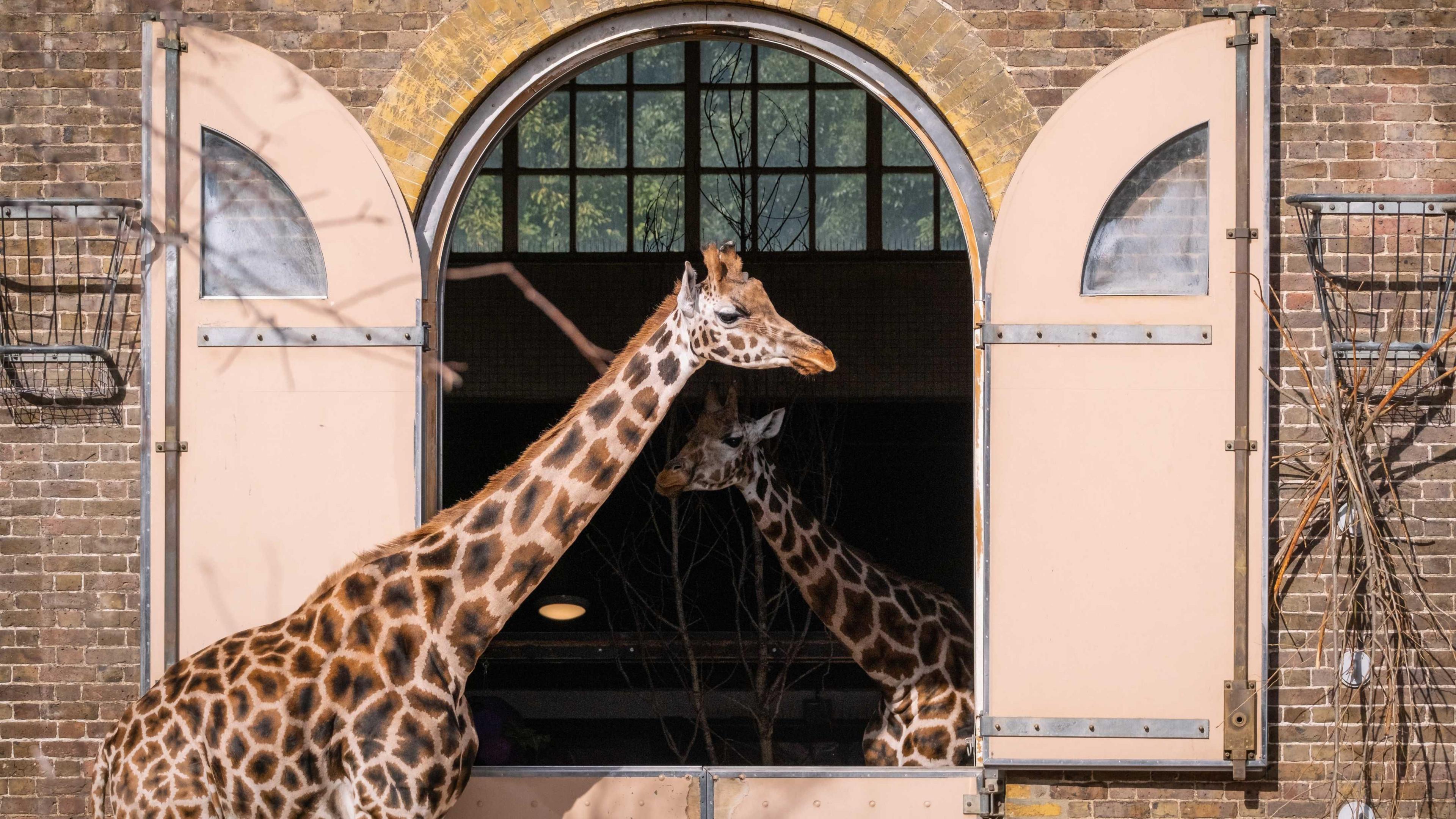
- Published29 April 2024
